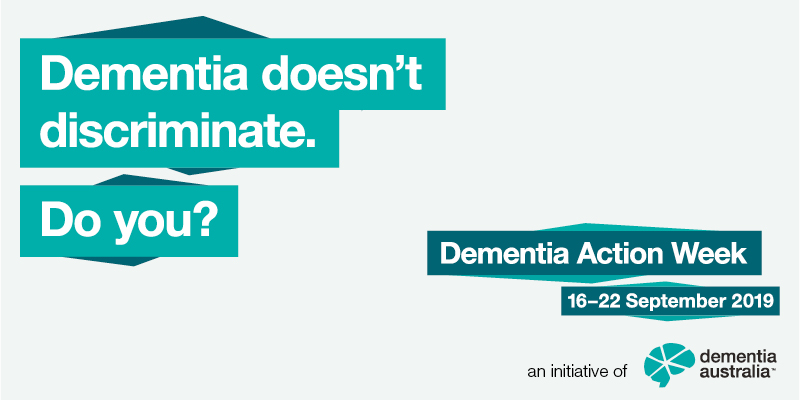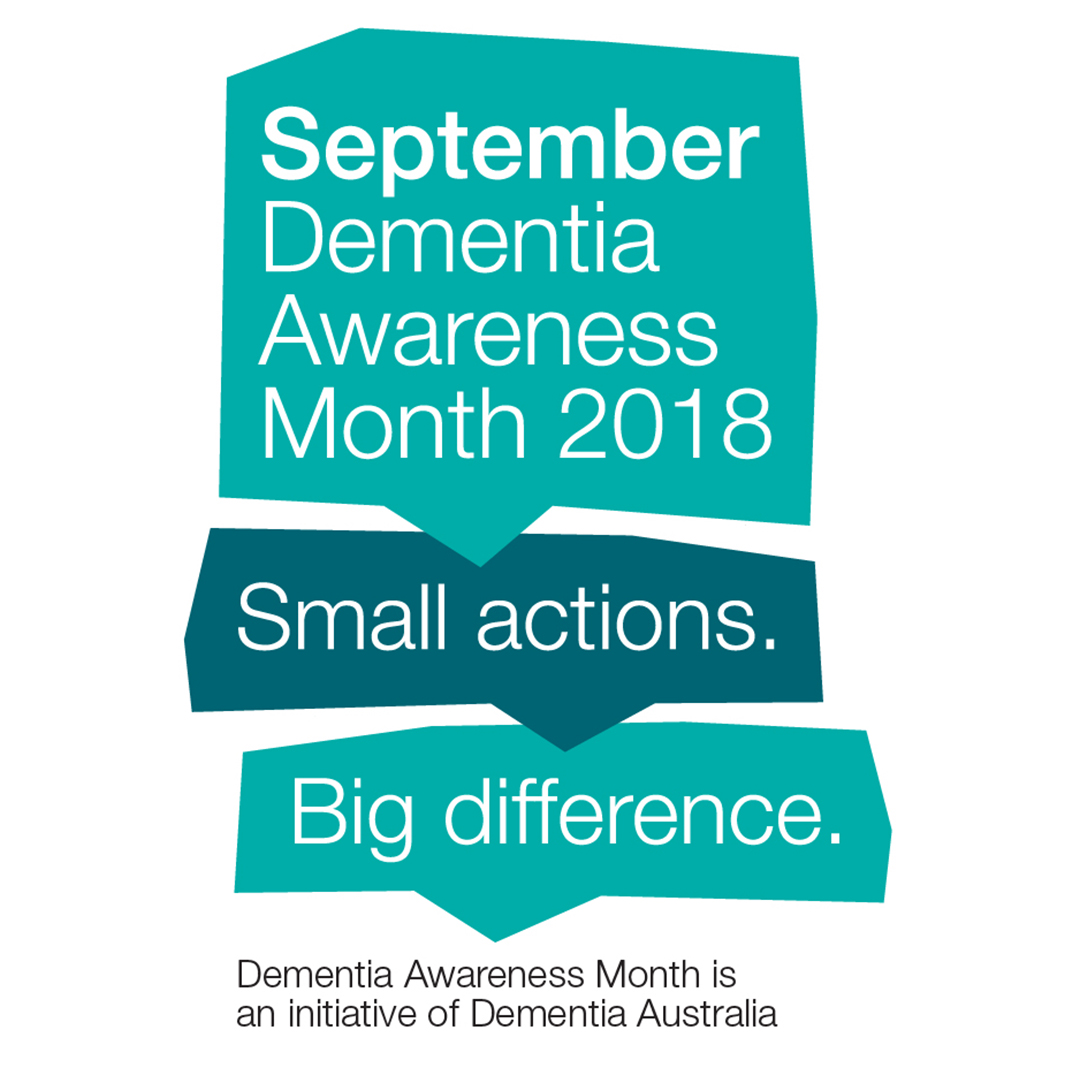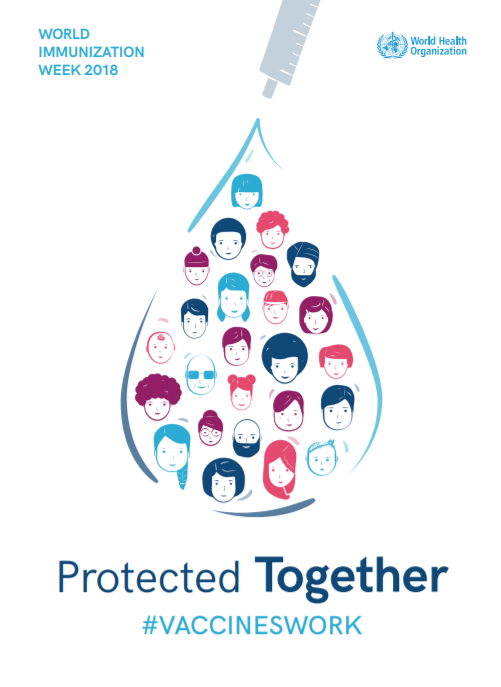September 16-22 is Dementia Action Week

In case you didn’t already know, Dementia Action Week is coming up soon. And it is a cause that is close to our hearts at Kalinga Health because it’s a condition that our carers and nurses have to help a number of our patients, the elderly with (although it’s not something all older adults develop).
To do our part, we’d like to share some key facts about dementia so that we can all be better informed so we know how to help those in our families and communities who are living with the disorder.
What is dementia?
Dementia is a condition where a person loses a number of intellectual abilities like thinking, remembering, problem-solving, and decision-making. These can severely interfere with daily life, and are often progressive.
According to Dementia Australia, the group advocating for dementia research and support for patients of the dementia, it’s not one specific disease. Instead, it’s a collection of symptoms relating to the brain that affects one’s behaviour and brain function.
Basically, when a person suffers dementia, performing even the most common day-to-day tasks may become very difficult, thus maintaining a normal social and working life will be almost impossible.
Dementia comes in a number of forms and these have different causes. People are most familiar with Alzheimer’s disease, Huntington’s disease, dementia with lewy bodies, and alcohol-related dementia. How dementia affects a person depends on where damage occurs in the brain.
Who can get dementia?
The condition is definitely associated with the elderly, but it can actually affect people of any age.
That said, while many people become forgetful with age, dementia itself is not part and parcel of the aging process.
How does one develop dementia?
The Mayo Clinic states that dementia occurs when nerve cells are injured or when their connections to the brain is severed or lost.
Certain types of dementia may be inherited, but having a family history of dementia isn’t a guarantee that one might develop symptoms, nor will the lack of family history preclude one from having dementia.
Here are some notable risk factors to watch out for:
- Age
- Smoking and alcohol use
- High cholesterol levels
- Diabetes
- Down Syndrome
- Depression
- Head trauma or brain injury
How does one recognise dementia?
In general, dementia affects memory, thinking and communication skills. But issues in those aspects, and especially in remembering, alone don’t necessarily point to dementia per se. For a person to be diagnosed with dementia, they’ll need to experience at least two impairments, according to a Healthline article on the subject.
Here are some watch-outs if you’re concerned about a loved one developing dementia:
- short-term memory issues
- difficulty expressing oneself (carrying a conversation can be harder)
- mood swings and major personality shifts
- lapses in judgement and confusion
- gradual inability to do routine tasks
- disinterest in activities and spending time with family and friends; listlessness
- needing to repeat certain tasks because of memory loss, or asking the same questions over again
What should I do if I suspect I (or a loved one) might have dementia?
Take note of the signs we mentioned above. If you or a person close to you exhibits the symptoms of dementia, encourage them to see their physician.
Keep in mind that it’s probably not going to be an easy conversation, but when it becomes necessary, do it where you’re both comfortable. In some cases, a person might not be eager to go in for a check-up, especially if they’re afraid of what they might learn, or if they don’t notice the symptoms for themselves – a possibility if they’re having memory problems, in which case, Dementia Australia suggests giving them other reasons to go in for a check-up like an executive check-up or the like.
How can I help someone already diagnosed with dementia?
There a lot of ways you can help and the mere fact that you’ve spent some time reading this is a start. Here are a few more things you can do to support a family member or friend with dementia:
- Learn all you can about dementia – Being educated about the condition is definitely key. This will help you understand the changes that might happen to the patient.
- Adjust your schedules or routines accordingly – The condition means that it’s hard for people living with it to cope with constant change, so if you can make the day-to-day more predictable, it can lessen their confusion.
- Make sure they’re eating right and getting enough exercise – Everyone can benefit from this tip, but good nutrition – less refined sugar, more vegetables and fruits, can really help keep their strength up and manage behavioural problems. That said, it may be difficult for people with dementia to ask for food or express likes or dislikes, so be patient and observant.
- Help them maintain some independence – Although we may worry about our loved ones, so that we’re tempted to hover over them, letting them do things for themselves (safely) is essential for their well-being.
- Include them in fun activities – Although there may be limitations on things they can do down the line, certain things like going to the park or visiting the museum can still be enjoyable for them. Including them in activities like these is a great way of showing care.
- Stay on top of their medication and check-ups – Because of the nature of the dementia, this very important task is something your loved one will have trouble with, so you have to help them with this to ensure that they follow their GP’s orders correctly and safely.
- Always remember that the disease affects mood, emotions, and personality – Your loved one WILL change and it won’t be easy for any of you. But keep in mind that this is the disease, not your loved one per se.
- Love your loved one for who they are now – Dementia is very linked to changes (see above) and it’s not easy to say goodbye to who your loved one used to be. Keep the memories, but accept them and love them for who they are right now.
- Ask for help – The truth is, dementia care can be a big adjustment, and there will be times that you can’t do it alone. Don’t be afraid to ask for support from your family members, friends, or even hire a caregiver or home care nurse (link to app). Being overly tired or sick means you won’t be able to support your loved one properly.
- Take care of yourself! – Don’t burn yourself out. Practice self-care. If need be, join a support group.
There are many more ways you can help your loved one through their diagnosis and the disease’s progression – you can ask a GP, a support group, or contact the 1800100500 National Dementia Helpline for more information.
Of course, another way to support people with Dementia is to become more dementia-aware. Show your support for Dementia Action Week on 16-22 September 2019, which includes World Alzheimer’s Day on the 21st. There will be events to be announced soon on Dementia Australia’s website, but if you want to create an event yourself, you’ll just need to sign up on this page.
We hope our primer answers some of your questions about dementia and how it can affect you or your loved one. If you think you need some home care nursing and support for someone with dementia, sign up for the Kalinga Health app and we can find someone with the skills and most importantly, compassion to help you!
Kalinga Health connects you with the appropriate carer for your or your loved one’s needs. Got more questions? Contact us at info@kalingahealth.com.au or call us at +61 435 358 222.





 Things you need to know about dementia (Dementia Awareness Month)
Things you need to know about dementia (Dementia Awareness Month)
 Immunisation for Older Adults – What You Need to Know
Immunisation for Older Adults – What You Need to Know